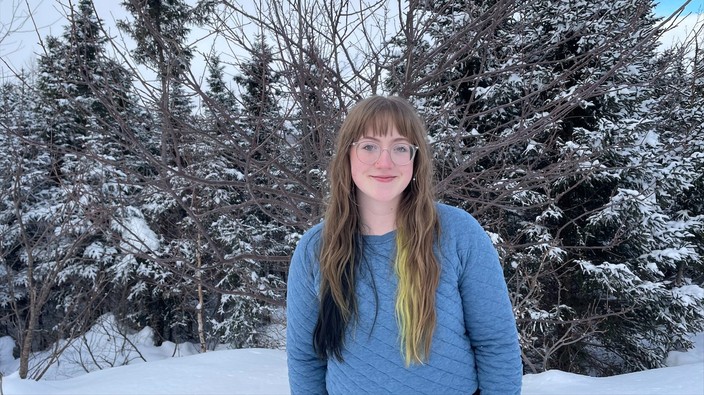it is frustrating, especially because i feel like sometimes the doctors here are not even aware of the resources on the mainland, so they can’t even connect you.
once you were formally diagnosed, what happened next?
it honestly wasn’t much different than before. we were always cautious to take care of our health and try to learn what we could online and stuff, so that didn’t really change much. dr. tarnopolsky really helped us with some vitamins that he recommends for patients, and educating us on what we can do to take care of our health, like exercise and diet.
i, thankfully, haven’t had any major health problems or anything that i know of related to my mitochondrial disease.
when you say diet, exercise and supplements, what sorts of things are you referring to?
mitochondrial health is super important and exercise is one thing that’s really good for your mitochondria. so pretty much just trying to stay active doing both aerobic exercises and resistance training just to stay healthy overall.
with diet, eating proteins, healthy carbs, veggies, fruit, all the stuff that is good for everyone. for vitamins, i’m fine without them, but [you can take] a mito cocktail*, which is bunch of things that are good for mitochondrial health.
 6 minute read
6 minute read








